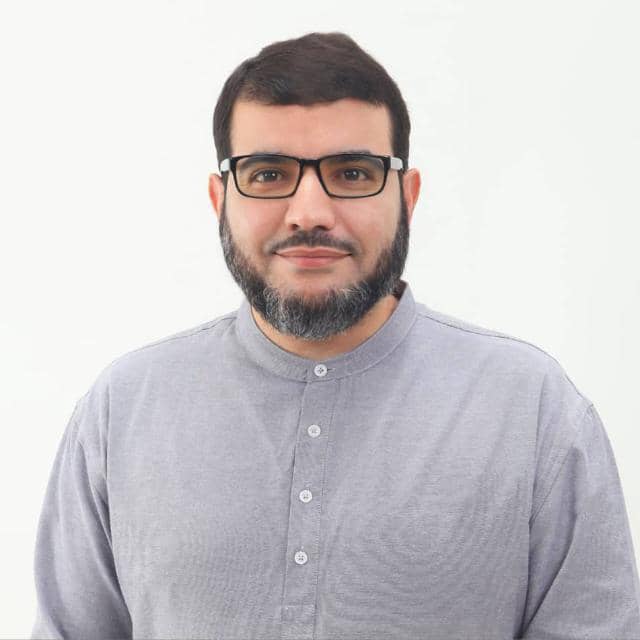By: Dr Youcef Bensala, Dr Mohd Shahid Mohd Noh
Following the holy month of Ramadan, Muslims eagerly anticipate fasting six days in Syawal to garner additional blessings. This practice finds its basis in a Hadith where Prophet Muhammad (peace be upon him) proclaimed, “Whoever fasts Ramadan and follows it with six days of Syawal, it will be as if he fasted for a year.” (Reported by Muslim)
Despite its widespread acceptance, a recurring debate questions its validity, primarily due to Imam Malik’s cautionary stance. Sunni schools of thought offer varied perspectives: Shafie, Hanbali, and many Hanafi scholars support the tradition, citing Hadiths emphasizing its merits. One such Hadith specifies, “Whoever fasts for six days after (‘Eid) al-Fitr has completed the year: (whoever does a good deed (hasanah) will have ten hasanah like it).” Additionally, another Hadith narrated by Ibn Khuzaymah highlights the Prophet’s statement, “Fasting for the month of Ramadan brings the reward of ten like it, and fasting for six days brings the reward of two months, and that is the fasting of the whole year.”
Conversely, the Maliki School, aligned with Imam Malik’s apprehensions, urges caution, fearing potential innovations. Imam Malik’s reservations stemmed from concerns about adding extra obligations to Ramadan, potentially leading to confusion among the masses.
It is noteworthy that what Imam Malik feared did indeed occur in some regions of the Khorasan (a historical region that includes parts of modern-day Iran, Central Asia, Afghanistan, and Pakistan), where people used to observe their pre-dawn meal the night of Eid and they do not celebrate it until they complete the six days of Syawal fasting.
While all Sunni schools endorse the practice of fasting in Syawal, differences arise regarding consecutive fasting post-Eid. Hanafis and Malikis discourage it to avoid misconceptions of obligation, while Shafies and Hanbalis permit it, with the caveat of abstaining from fasting on the actual day of Eid.
Based on the evidence presented, fasting the six days of Syawal, known as ‘Puasa Enam’ here in Malaysia, is recommended as a continuation of the spiritual momentum gained during Ramadan. Despite the festivities and our ‘open house’ culture prevalent during the whole month of Syawal, observing these once-a-year fasts is a crucial aspect of Muslim practice.
In certain regions of Malaysia, a unique tradition sees individuals commence the six days of fasting on the second day of Syawal, followed by a celebratory ‘second Hari Raya’ upon completion. This practice clearly reflected the confidence of the earlier Muslim generations in the Prophet’s Hadith regarding the benefits of fasting.
To perpetuate this fasting tradition, education and guidance are essential, ensuring that individuals understand the significance of fasting alongside the festivities of Syawal. Such efforts can foster a culture of discipline and spiritual growth throughout the year, transcending beyond Ramadan alone. It is imperative that this tradition not be a source of division or confusion within the ummah.
While completing the six fasts is commendable, it’s crucial to recognize and value those who may be unable to do so. Allah SWT rewards various acts of goodness, including fostering relationships, charitable giving, and bringing joy to others. Ultimately, sincerity in performing good deeds and seeking reward from Allah SWT should supersede any desire for recognition from others.
Selamat Hari Raya Aidilfitri, and good luck in completing your ‘Puasa Enam’!


Dr Youcef is a Senior Lecturer at the Department of Fiqh and Usul, while Dr Mohd Shahid is the Head of Department of Syariah and Economy, Academy of Islamic Studies, Universiti Malaya.
